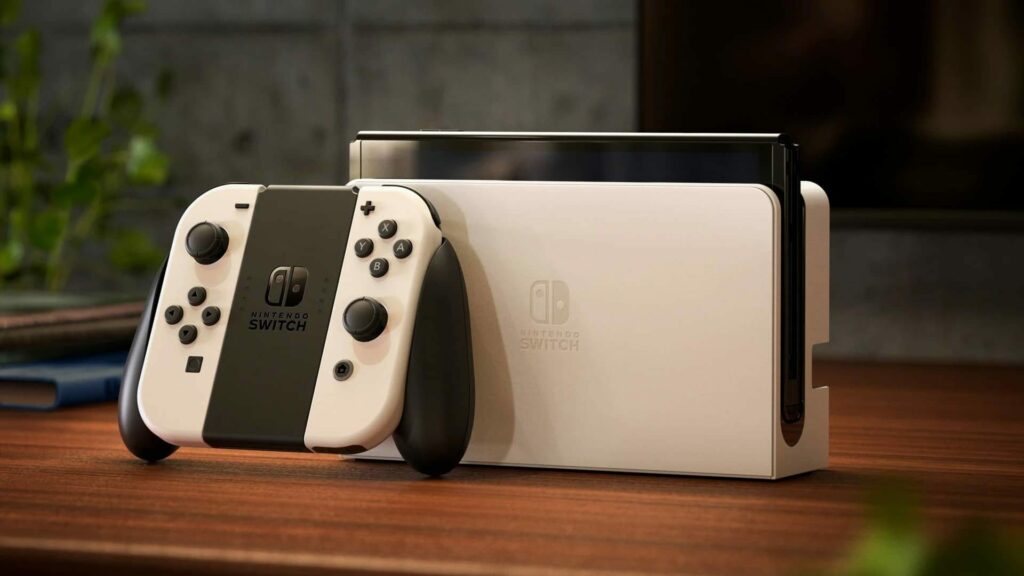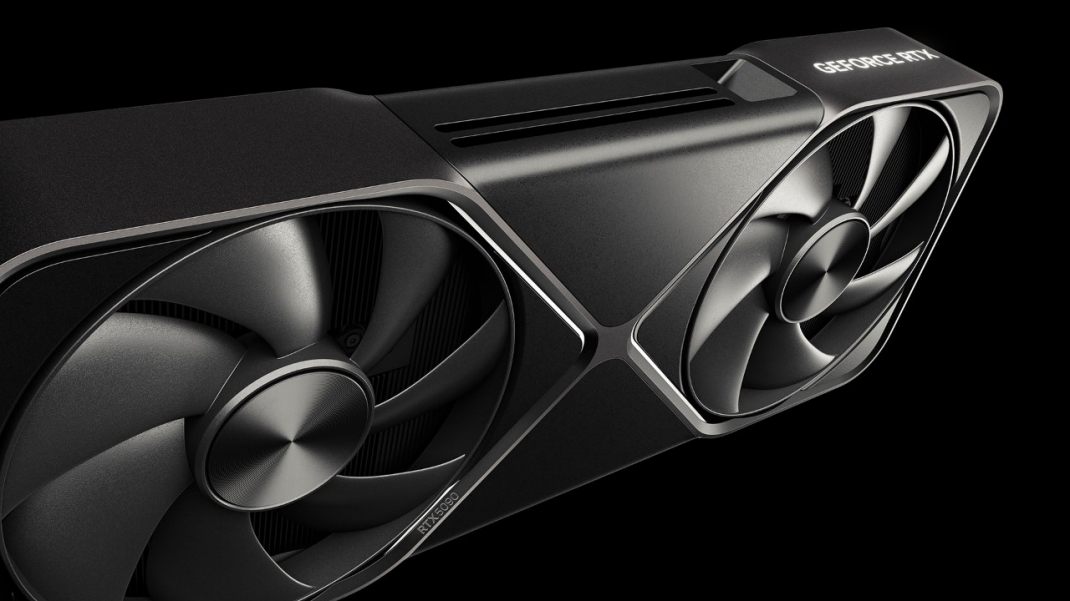- Nintendo Switch 2 Is rumored to release in 2024.
- Based on a newer Nvidia architecture, it will enjoy the benefits of AI-based upscaling through DLSS.
- However, the console may not include a Deep Learning Accelerator, which would’ve helped it use DLSS at a reduced CPU burden.
The Nintendo Switch has sold over 129 million units, singlehandedly reviving interest in handheld gaming. This interest has led to recent releases like the Steam Deck OLED and Asus ROG Ally.
Nintendo is much further behind the competition in terms of raw hardware capabilities, but this is expected to change with the Nintendo Switch 2 thanks to a new generation of hardware and DLSS, which should help it handle ray tracing.
However, according to a new report, the Tegra 234’s Deep Learning Accelerator will not carry over to the new console, making its DLSS implementation less effective than expected earlier.
Why it matters: As an Nvidia-based console, DLSS will be integral to the Nintendo Switch 2. Therefore, many had expected a feature-packed implementation from the gaming giant.
According to the latest DF Weekly episode, the custom Nvidia T239 chip expected for the Nintendo Switch 2 will ship without a Deep Learning Accelerator.
As explained during the podcast, this component would have helped the console run DLSS at minimal hardware load. In certain scenarios, it would have been like using DLSS for free due to reduced CPU load.
This would have been very useful for a handheld, but Digital Foundry notes:
“I’ve heard sources come forward saying there’s no Deep Learning Accelerator.”
Still, the Nintendo Switch 2 should be able to handle upscaling around 1080p resolution. These results should not be disappointing for a handheld, but the industry is still striving to deliver gameplay at 4K resolution.
Therefore, we would not blame you if you think Nintendo should try and keep up with everyone else’s pace a bit more.
With 1080p gameplay as the target, the price will be a major factor in determining the success of the Nintendo Switch 2.
Leaks claim that the console will start at $400, but the physical model will cost $450. This would put it in close competition with the PS5 and the Xbox Series X, but Nintendo’s appeal should lead to a slight edge.
Nevertheless, concrete details about the Nintendo Switch 2 will arrive by 2024. The console’s launch is expected in the second half of 2024, so an official reveal could happen in just a few months.
Thank you! Please share your positive feedback. 🔋
How could we improve this post? Please Help us. 😔
[News Reporter]
Bawal is an MBBS student by day and a gaming journalist by night. He has been gaming since childhood, growing fond of the creativity and innovation of the industry. His career as a gaming journalist started one year ago, and his journey has allowed him to write reviews, previews, and features for various sites. Bawal has also been cited in reputed websites such as Screenrant, PCGamesN, WCCFTech, GamesRadar, and more.





